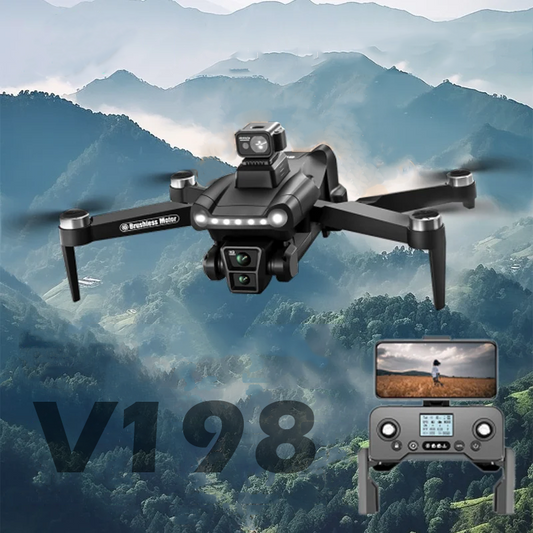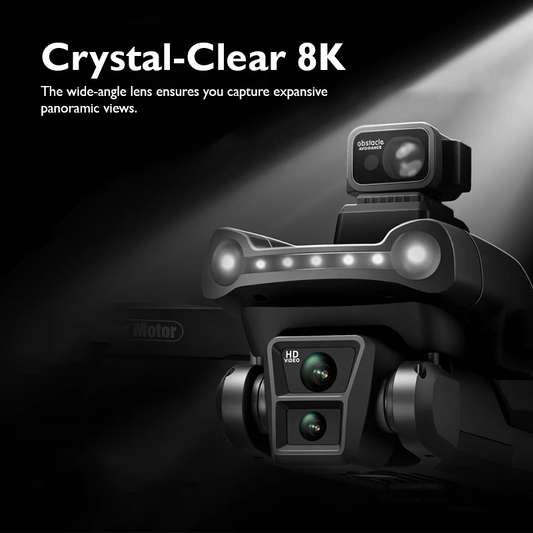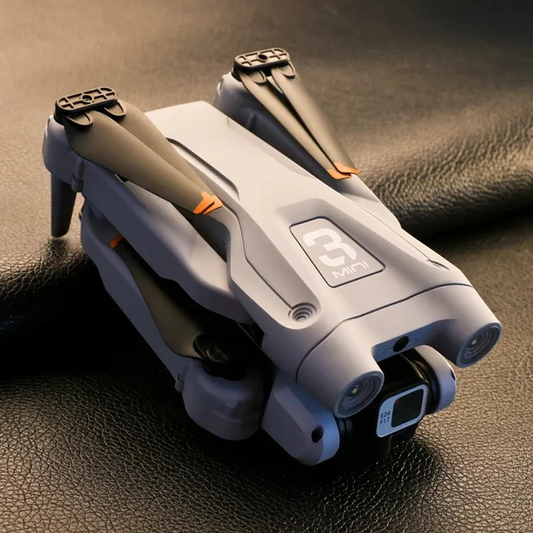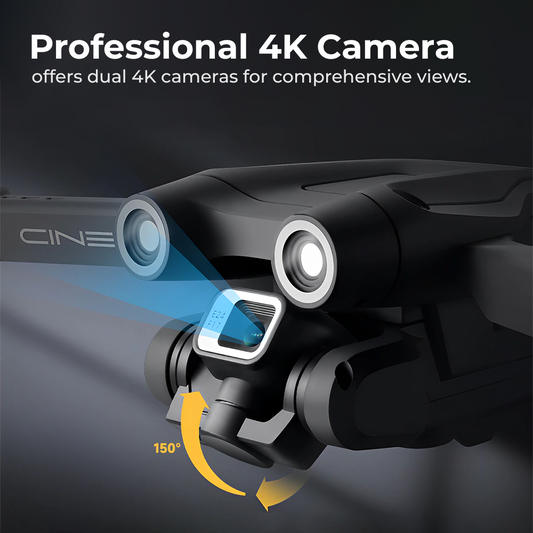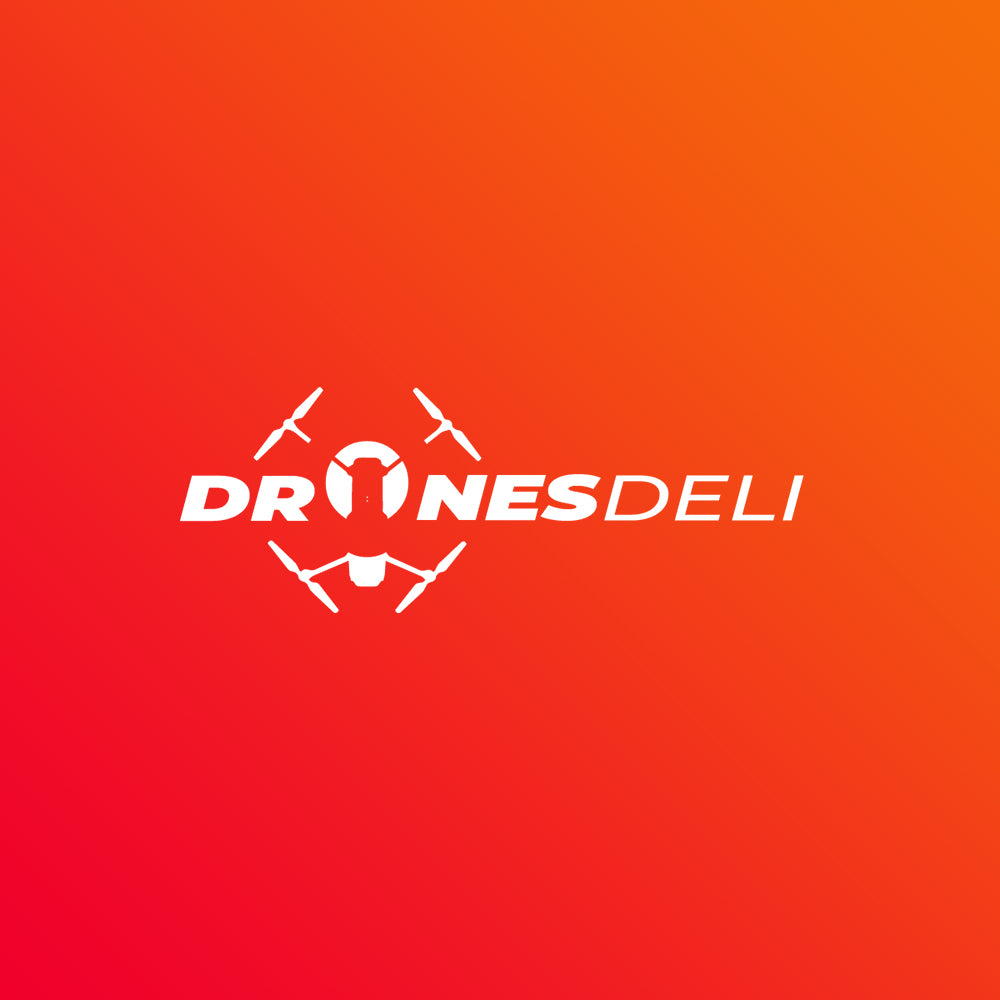The Ethics of Drone Photography: Respecting Privacy

In an era dominated by technological advancements, drone photography has soared to new heights, offering breathtaking perspectives and opportunities for capturing stunning aerial shots. However, as drones become increasingly prevalent, so does the concern over the ethical implications of their use, particularly in relation to privacy. In this blog post, we will delve into the ethics of drone photography and the importance of respecting privacy in this rapidly evolving field.
Understanding Drone Photography

Drone photography has revolutionized the way we capture images and videos. Drones equipped with high-resolution cameras can navigate the skies, providing unique angles and viewpoints that were once inaccessible. From majestic landscapes to dynamic cityscapes, drone photography has opened up a world of creative possibilities for photographers and enthusiasts alike.
1.The Privacy Dilemma

While the artistic and practical benefits of drone photography are evident, it brings forth a set of ethical challenges, with privacy being at the forefront. Drones, with their ability to fly virtually anywhere, raise concerns about the unintentional invasion of private spaces. Striking a balance between capturing compelling visuals and respecting individuals' privacy is crucial to ensuring the responsible use of drone technology.
2.Legal Frameworks and Regulations

To address the ethical concerns associated with drone usage, many countries have implemented regulations and guidelines. These measures aim to establish a framework that safeguards privacy while allowing for the legitimate and responsible use of drones. As a drone photographer, it is essential to familiarize oneself with these regulations and adhere to them diligently.
3.Respecting Private Spaces

One of the primary ethical considerations in drone photography is the respect for private spaces. Flying a drone over private properties, residences, or areas where individuals have a reasonable expectation of privacy can infringe upon their personal space. To uphold ethical standards, drone operators must exercise caution and avoid capturing images or videos that may compromise individuals' privacy.
4.Informed Consent and Communication
When planning a drone photography session in proximity to private spaces, seeking informed consent is a crucial step. Communicating with property owners and obtaining permission not only ensures compliance with legal requirements but also demonstrates respect for individuals' privacy rights. Transparent communication helps build trust within communities and minimizes potential conflicts arising from the use of drones.
5.Sensitive Locations and Events

Certain locations and events may require heightened sensitivity regarding drone usage. Places like hospitals, schools, and religious institutions demand extra caution to avoid causing disturbances or discomfort to the people within these spaces. Additionally, during sensitive events such as protests or gatherings, drone operators should be aware of the potential impact their presence may have on the participants' sense of security and privacy.
6.Geofencing and No-Fly Zones

To further mitigate privacy concerns, drone operators can make use of geofencing technology. Geofencing enables the creation of virtual boundaries, restricting drones from entering designated no-fly zones or sensitive areas. Utilizing these technological safeguards demonstrates a commitment to responsible drone usage and helps protect the privacy of individuals in vulnerable locations.
7.Image and Data Security
Beyond the act of capturing images, drone photographers must prioritize the security of the data they collect. Safeguarding sensitive information and preventing unauthorized access to drone footage is an integral part of ethical drone photography. Encryption, secure storage solutions, and adherence to data protection practices contribute to maintaining the trust of both clients and the public.
8.Educating the Community

An essential aspect of promoting ethical drone photography is community education. By raising awareness about the benefits, risks, and responsible practices associated with drone usage, photographers can foster a culture of respect and understanding. Workshops, informational sessions, and online resources play a crucial role in empowering both drone operators and the general public to navigate the ethical complexities of this evolving field.
As drone technology continues to advance, the ethical considerations surrounding drone photography become increasingly important. Respecting privacy, obtaining informed consent, and adhering to legal regulations are paramount to ensuring the responsible use of drones. By embracing a culture of transparency, communication, and education, drone photographers can contribute to the positive integration of this innovative technology while upholding the privacy rights of individuals below. Balancing the artistry of drone photography with ethical practices paves the way for a future where the skies are navigated with both creativity and respect.
Explore a variety of drones at our online drone store.
Happy Flying!





